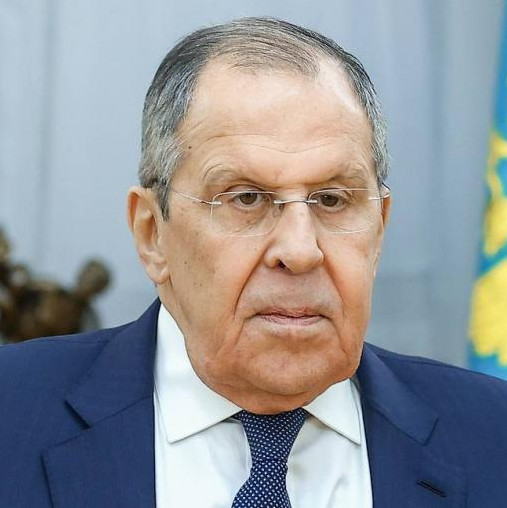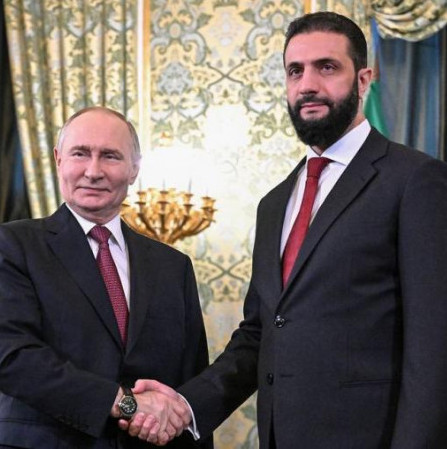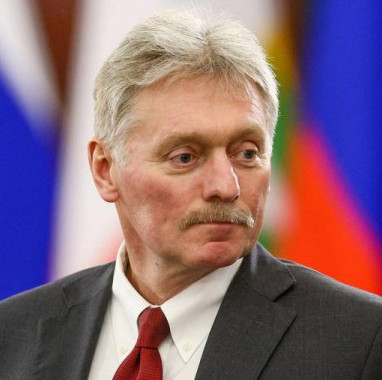
The "poisoning" of Aleksey Navalny, "evidenced" in Germany and disputable in Russia, has entailed another fierce attack against the nearly accomplished Nord Stream 2 gas pipeline running from Russia to Germany along the Baltic sea bottom. And this time, German Chancellor Angela Merkel, who usually defended the need to complete this project as economically important for her country's energy security, has assumed a hard-nosed stance on the Russian Federation. In terms of an ultimatum she demands that the leadership of Russia undertake a prompt investigation of the Russian politician's "poisoning", while urging her EU partners to impose new anti-Russian sanctions that even include the refusal to complete Nord Stream 2.
The political elites of Germany and Frau Chancellor personally firmly believe that the "poisoning" of Navalny is an undeniable fact proved by findings of Bundeswehr's special laboratory in Munich. End of discussion. Naturally, the Novichok chemical warfare agent, which is well-remembered by every Western journalist, has long since been specified as the poison. This is what the German government informed the Bundestag's Parliamentary Control Commission during a closed Monday session, according to the German ARD broadcaster. It was emphasized that it was all about German security services' information on the case of Aleksey Navalny.
The conclusion ARD shares on its website reads as follows: "It is beyond all shadow of doubt with the government and special services that Navalny's poisoning took place by approbation of the establishment and the leadership of the Russian Federation. He was poisoned by a Novichok modification, which is far more dangerous than the one used in the Skripal case." Russia called all these claims preposterous and asked the German side for specific findings, which it naturally didn't obtain. And on Tuesday evening, the voices of G7 foreign Ministers thrilled from across the ocean – they snatched an opportunity to demand that Russia urgently investigate the "Navalny's proven poisoning" and hand those responsible for the crime over to the justice agencies.
In short, the hype surrounding the "poisoning" of Navalny has rallied up Russia-haters of every stripe and color, not only in Germany. Like wolves smelling blood, they immediately determined the first goal, the achievement of which could hurt Russia to the utmost – to shelve Nord Stream 2. Meanwhile, even within Germany's ruling CDU/CSU-SPD coalition, opinions vary as regards the gas pipeline's future due to the situation around Navalny – from demands to give up on completing the construction or to temporarily freeze it, to views of the need to proceed with the pipeline installation. It is not for nothing that billions have already been invested, with over a hundred different European companies involved in the construction itself, apart from the giant multicorporate enterprises.
So, according to the Prime Minister of Mecklenburg-Vorpommern, Social Democrat Manuela Schwesig, the Navalny incident cannot throw the gas pipeline construction into question. The route comes ashore in the territory of this federal land and will provide it with new jobs, among other things. This is an important energy project Germany and the entire Western Europe are primarily interested to implement, Schwesig said.
In addition, future billion-worth benefits are also at stake, primarily Germany's, because Russian natural gas is much cheaper than America's LNG imposed on Europe by Donald Trump. Besides, half-a-century long impeccable energy cooperation between Germany and Russia cannot just be discounted. On the other hand, as Germany chairs the European Union, it is extremely important for Angela Merkel to preserve her respect and credibility as the guardian of "European values", and as if to make things even worse here comes "the proven poisoning" of an opposition politician in Russia...
By permitting herself and her Foreign Minister Heiko Maas a harsh tone towards Russia over Navalny, the wise Angela Merkel, unable to directly defend Nord Stream 2, seems to be making sort of a "knight's jump". She invites all the EU member states to shape the gas pipeline's future. Thus, according to the German DPA news agency, during a meeting of the CDU/CSU faction in the Bundestag, in connection with the possible suspension of the Nord Stream 2 project over Navalny's "poisoning", Merkel said she hasn’t made a final decision. The Chancellor explained that the response will be incrementally discussed within the European Union, including the upcoming EU summit in Brussels on April 24-25 this year. At that, Frau Merkel made an effective remark: "We need a strong European response, since this hasn't been a specific attack against Germany."
One might assume that by offering EU partners to make the final decision on the Nord Stream 2, the German Chancellor does not expect it to become unanimous, as required. Chances are slim to none that all the 28 EU members will vote against the gas pipeline, especially given the looming negotiations and consultations, during which someone may be hinted how to vote correctly, with others to understand themselves, without any hints.


